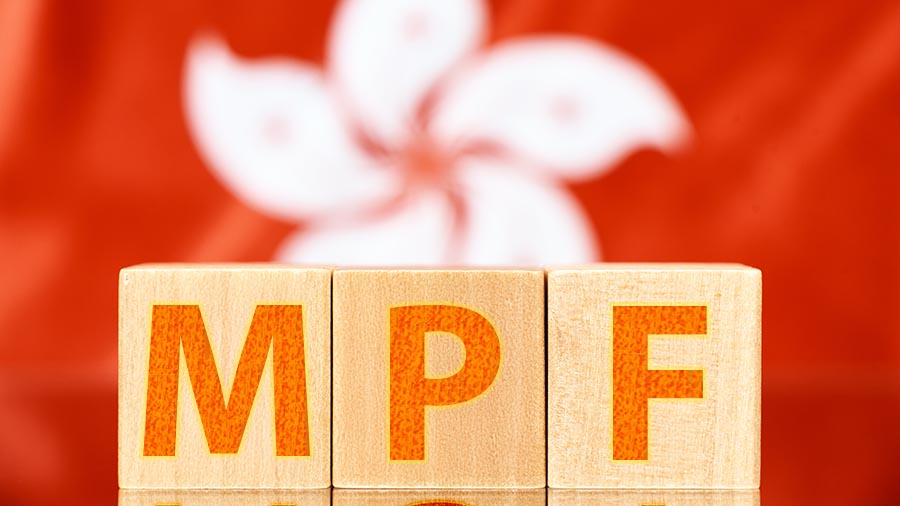Hong Kong Considers Easing Housing Market Restrictions
 HONG KONG – Secretary for Financial Services and the Treasury, Chan Ka-keung, has said that Hong Kong will consider easing measures implemented to check real estate speculation if U.S. interest rates begin to rise, but will not make any significant changes to the city’s policy in the meantime.
HONG KONG – Secretary for Financial Services and the Treasury, Chan Ka-keung, has said that Hong Kong will consider easing measures implemented to check real estate speculation if U.S. interest rates begin to rise, but will not make any significant changes to the city’s policy in the meantime.
Quantitative easing in the U.S. has led to record low interest rates both in the U.S. and Hong Kong, whose currency is pegged to the U.S. dollar. The low cost of borrowing has caused the Hong Kong property market to experience an unprecedented boom, and property prices have more than doubled in the past five years.
According to a recent survey by the consultancy firm Demographia, Hong Kong has the most unaffordable housing in the world. The median home price in the city is currently approximately fifteen times the annual median household income.
Hong Kong’s currency has been pegged at circa HK$7.8 per U.S. dollar since October 1983, meaning that Hong Kong’s monetary policy is vulnerable to decisions made by the U.S. Federal Reserve. The Federal Reserve reduced the level of short-term interest rates to near zero in response to the 2008-09 global financial crisis in order to encourage new spending and support the prices of stocks and houses. However, this policy has also led to a surge in living and property costs in Hong Kong.
RELATED: Cities Across China Tighten Control Over Real Estate Market
The Hong Kong government imposed three measures between 2012 and 2013 in response to soaring property prices caused by an influx of cash into the city’s property market. These measures include the expansion of stamp duties on those who resell their property quickly, a 15 percent levy on both corporate buyers and non-permanent residents of the city and double stamp duty on all properties costing more than HK$2 million, except for those bought by permanent residents who are either first-time buyers or sell their only home to buy another.
During an interview with the South China Morning Post, Chan stated that a rise in U.S. interest rates would be a major factor in ‘triggering the unwinding’ of the measures implemented in 2012 and 2013 to cool the property market. Analysts widely believe that the Federal Reserve will increase interest rates around June or July 2015 after the conclusion of its tapering program.
As part of its quantitative easing policy, the Federal Reserve launched the purchases of large quantities of bonds during the 2008-09 financial crisis. However, the Federal Open Market Committee (FOMC) began to wind down this program in December 2013, when it reduced the purchase of bonds from US$85 billion to US$45 billion per month.
In the meantime, Hong Kong proposed new terms for one of its cooling measures last week. Currently, second-home buyers are exempt from paying double stamp duty if they sell their previous homes within six months, but this grace period could soon be lengthened by one to two months. In the case of second-home buyers purchasing homes which are still under construction, this period could be prolonged by up to three years.
Hong Kong property agents reported a significant increase in buyer interest during the first weekend after the announcement and have stated their belief that in the long-term relaxation of double stamp duty will encourage customers to buy new properties.
“Some adjustments are necessary,” said Rhee Chang-Yong, IMF’s director of Asia and Pacific Department, referring to Hong Kong’s property market in Hong Kong last month. Rhee suggested that Hong Kong should contemplate easing some of its earlier cooling measures in order to lessen the impact of the increase of U.S. interest rates upon the city.
Asia Briefing Ltd. is a subsidiary of Dezan Shira & Associates. Dezan Shira is a specialist foreign direct investment practice, providing corporate establishment, business advisory, tax advisory and compliance, accounting, payroll, due diligence and financial review services to multinationals investing in China, Hong Kong, India, Vietnam, Singapore and the rest of ASEAN. For further information, please email hongkong@dezshira.com or visit www.dezshira.com.
Stay up to date with the latest business and investment trends in Asia by subscribing to our complimentary update service featuring news, commentary and regulatory insight.
Related Reading
New Companies Ordinance Takes Effect in Hong Kong
U.S.-Hong Kong Tax Agreement a Step Forward for International Tax Cooperation
Taxation on Real Estate Rental Income in China
- Previous Article Änderungen im chinesischen Markenrecht ab dem 1. Mai
- Next Article Opening a Door, Closing a Window for Microsoft in China




























